Introduction
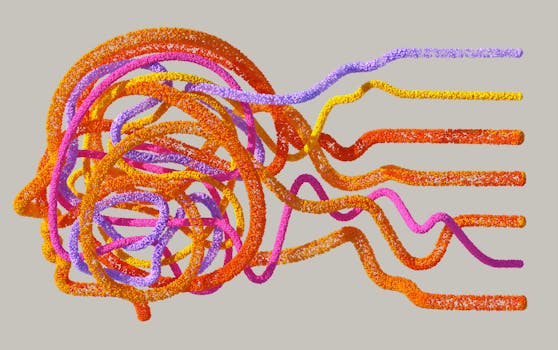
The mysteries of the human brain have captivated scientists and philosophers alike for centuries. Neuroscience has made significant strides in understanding how our brains function, revealing insights that were once thought impossible. In this article, we will delve into the recent breakthroughs in neuroscience and their implications for our understanding of the human brain.
The Structure of the Brain
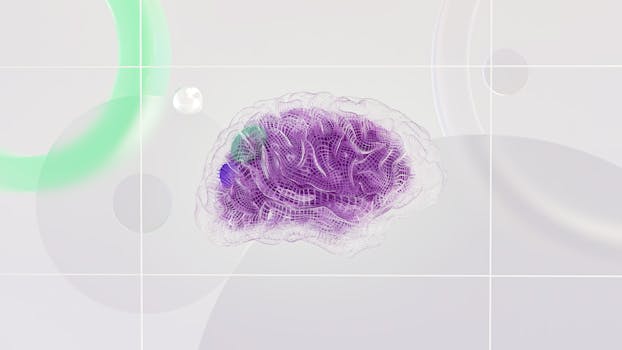
The human brain is a complex organ composed of billions of neurons and glial cells. It is divided into several regions, each responsible for different functions. The cerebral cortex, for instance, plays a crucial role in higher cognitive functions such as thought, memory, and perception. Understanding the structure of the brain is foundational to comprehending how it operates and how various areas interact.
Recent Breakthroughs in Neuroscience

In recent years, neuroscience has witnessed groundbreaking discoveries that have enhanced our understanding of brain function. One notable advancement is the development of neuroimaging techniques, such as fMRI (functional Magnetic Resonance Imaging) and PET (Positron Emission Tomography), which allow researchers to observe brain activity in real time. These technologies have enabled scientists to link specific brain areas with particular cognitive functions, paving the way for targeted therapies in mental health.
The Role of Neuroplasticity
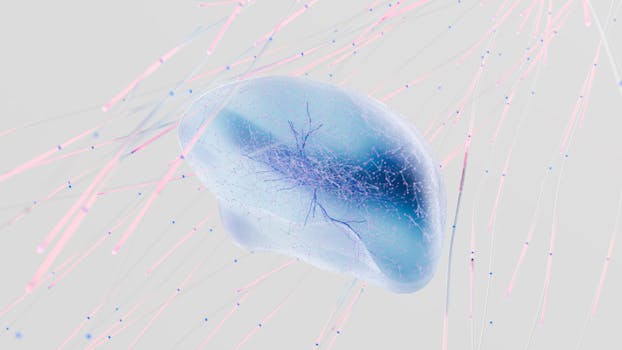
Neuroplasticity is the brain’s ability to reorganize itself by forming new neural connections throughout life. This remarkable property allows individuals to recover from brain injuries, learn new skills, and adapt to changes in their environment. Recent studies have shown that engaging in activities such as meditation and physical exercise can enhance neuroplasticity, leading to improved cognitive function.
Implications for Mental Health
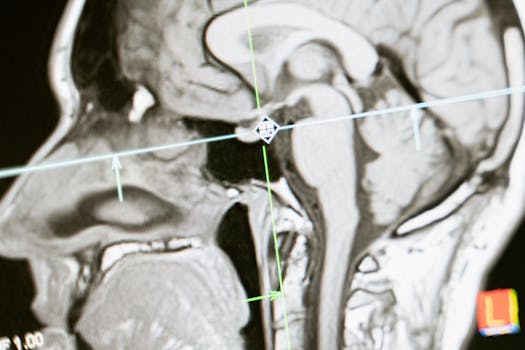
The breakthroughs in neuroscience have profound implications for mental health treatment. Understanding the biological basis of mental disorders can lead to more effective therapies and interventions. For instance, research into the gut-brain connection has revealed how our diet can influence mental health, opening new avenues for treatment through nutrition.
Conclusion
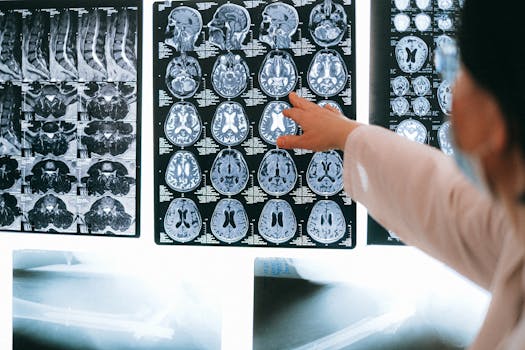
The mysteries of the human brain are gradually being unraveled through the lens of neuroscience. As we continue to explore the complexities of brain function, we gain insights that not only enhance our understanding of ourselves but also improve our approach to mental health and cognitive enhancement. The future of neuroscience holds promise for even more remarkable discoveries that will further illuminate the enigma of the human brain.



